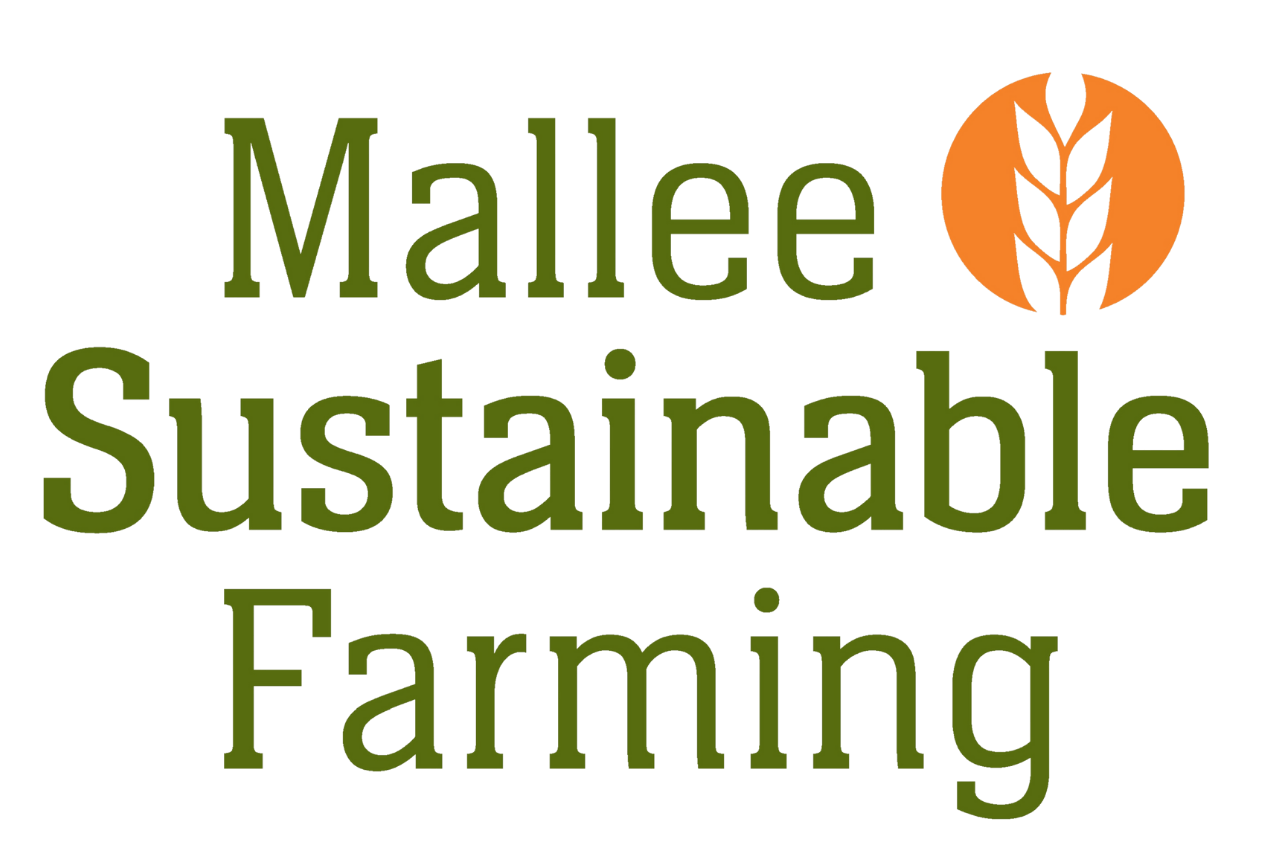
Last week MSF celebrated the achievements of one of our key research collaborators and champions of conservation agriculture, by awarding Agricultural Research Engineer, Dr Jack Desbiolles the David Roget Award for Excellence for 2023.
Jack was nominated for his outstanding service to the agricultural industry by the farming community, and his work has had a tremendous impact supporting the adoption of no-till in the Mallee and further afield. Jack’s work has led to a profoundly positive impact on the livelihoods of farmers in the most hostile and challenging environments around the world.
So how does no-till support conservation farming practises?
In today’s world, sustainability is becoming increasingly important, and conservation agriculture is an approach that focuses on protecting and improving the environment while maintaining or increasing crop yields.
There are three main principles of conservation agriculture. The first is to minimize soil disturbance, which means reducing the amount of soil disturbance during planting and cultivation. This helps to preserve the soil structure, prevent erosion, and retain moisture. For example, farmers can use techniques like no-till, where they disturb the soil as little as possible.
The second principle is to keep the soil covered at all times. This involves leaving crop residues on the field as a protective cover after harvest, which helps to prevent soil erosion and improve soil fertility. Additionally, farmers can use mulching techniques or cover crops to further protect the soil and enhance its health.
The third principle is to diversify crop rotations. This means growing different crops in a planned sequence on the same piece of land. By rotating crops, farmers can naturally control pests, reduce the need for chemical pesticides, and promote the recycling of nutrients in the soil. It also helps to break the cycle of pests and diseases that can affect specific crops, as well as improve soil fertility.
Conservation agriculture offers many benefits, including the conservation of natural resources such as soil, water, and biodiversity. It also promotes sustainable farming practices by reducing the use of synthetic chemicals, improving soil health, and increasing resilience to climate change. By adopting this approach, we can produce food while taking care of the environment for future generations.
Conservation agriculture is a vital part of farming for a sustainable future. By incorporating these principles into their farming methods, farmers can promote environmental protection while still achieving successful crop yields.
Jack’s commitment to promoting collaboration between farmers, advisers, researchers, machinery manufacturers, and input suppliers has been critical to the success of many conservation farming systems.
To read more about the achievements of Dr Jack Desbiolles click here











